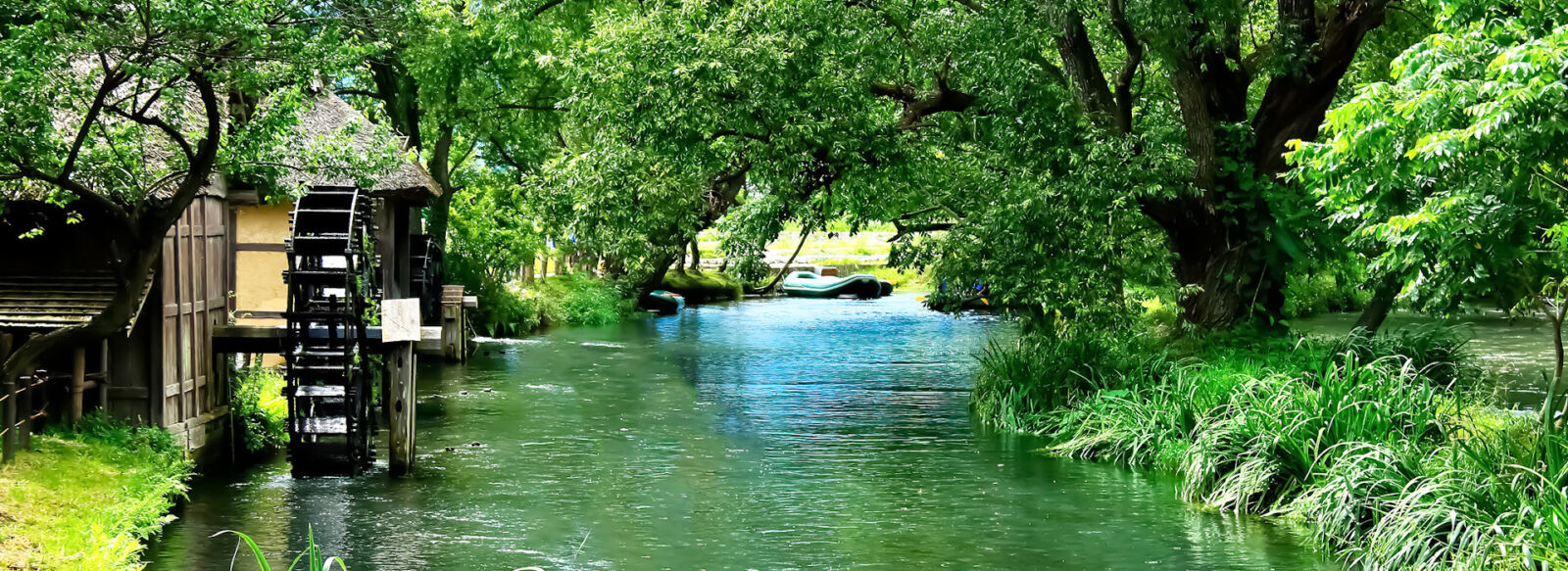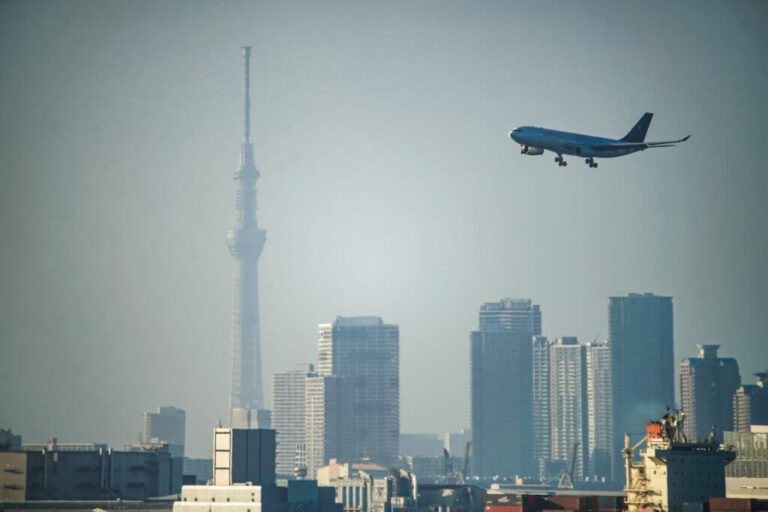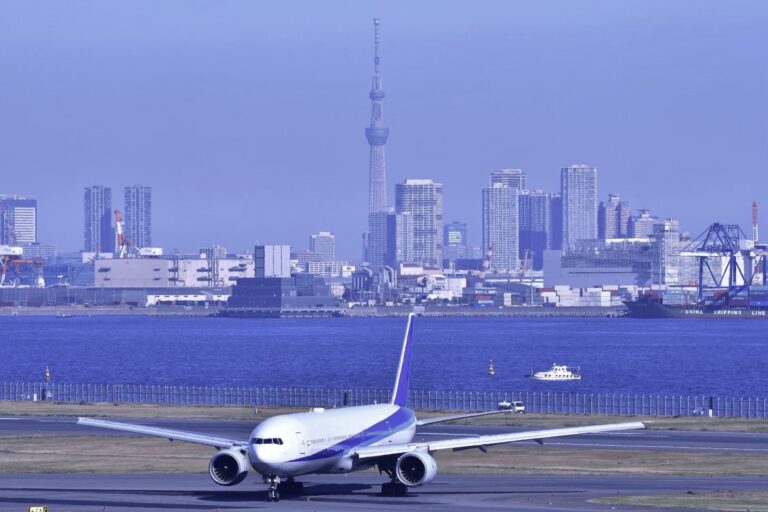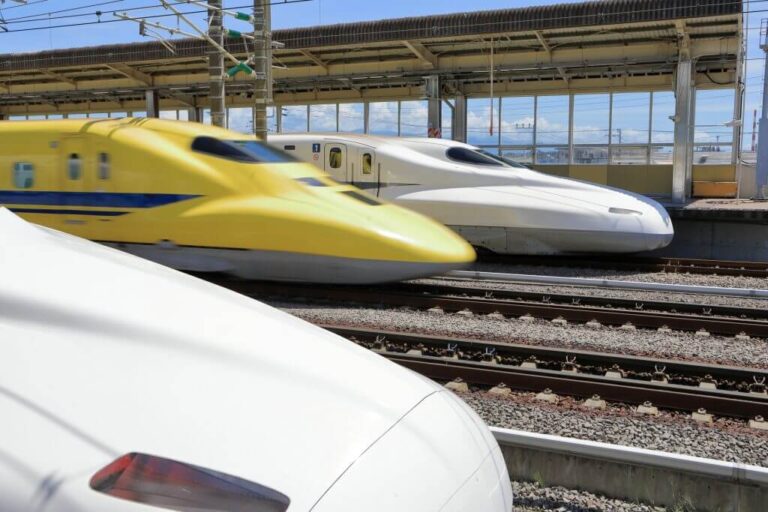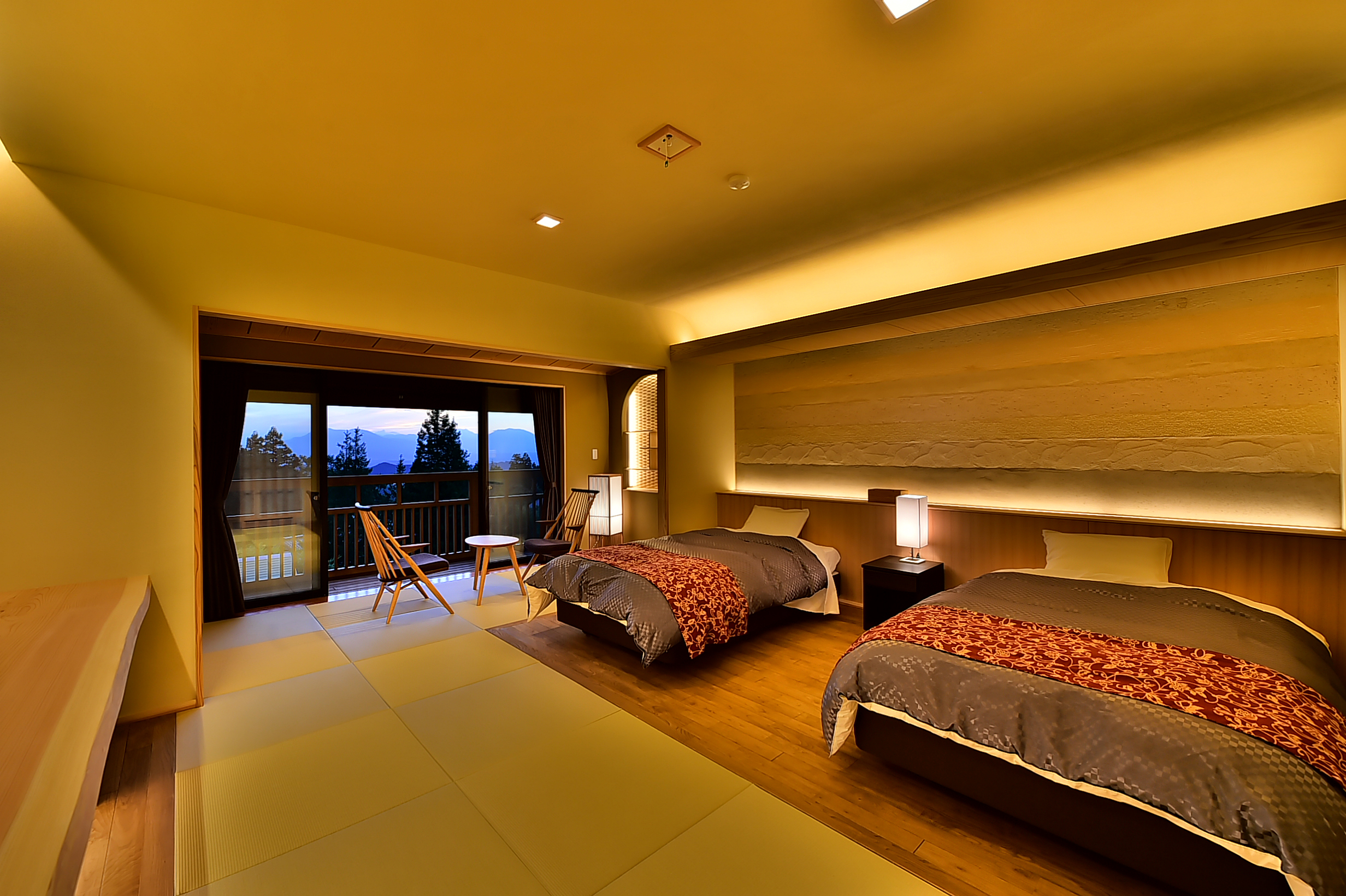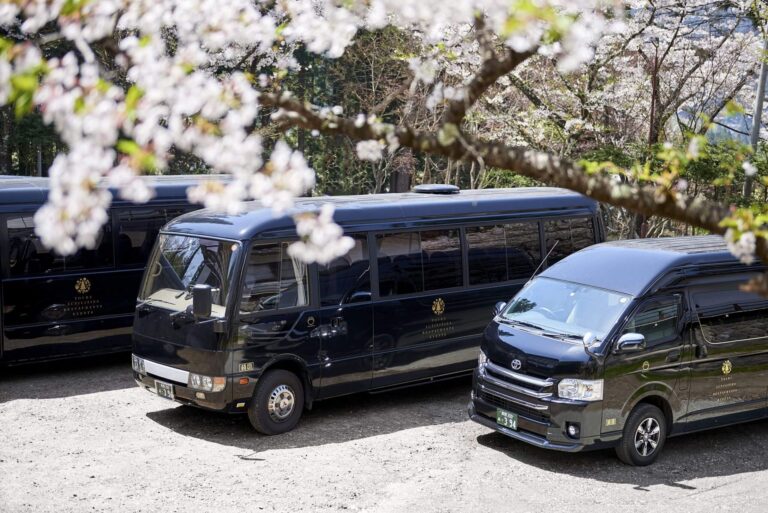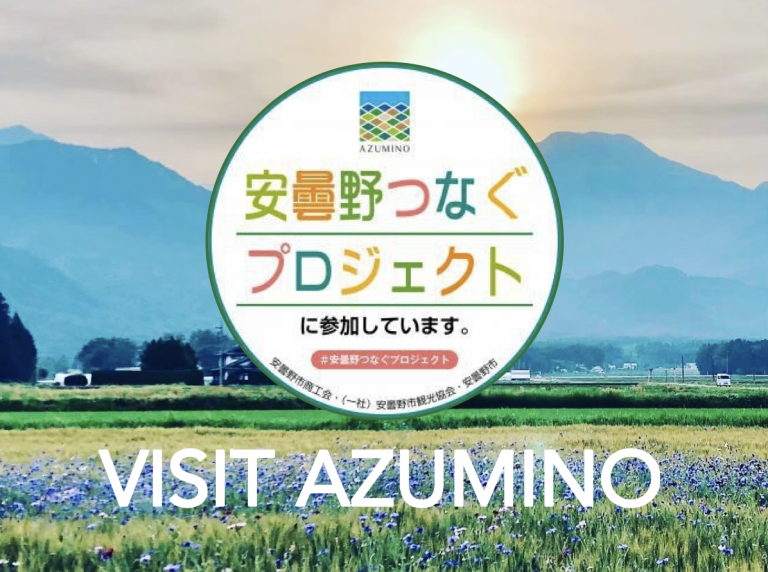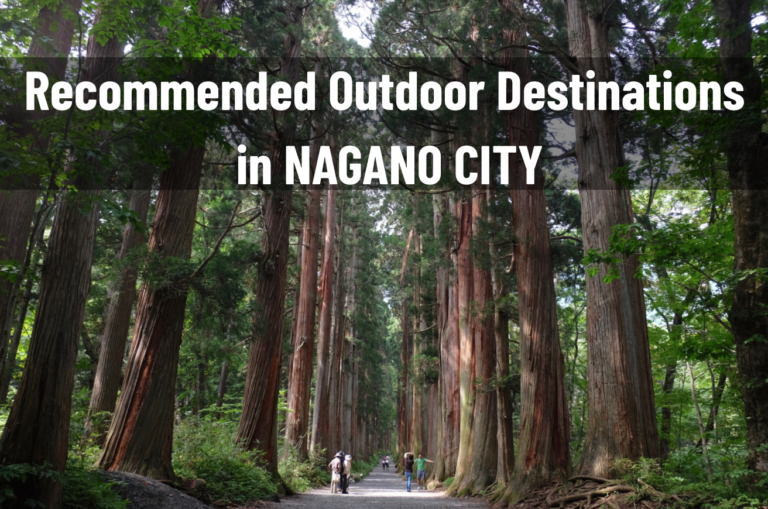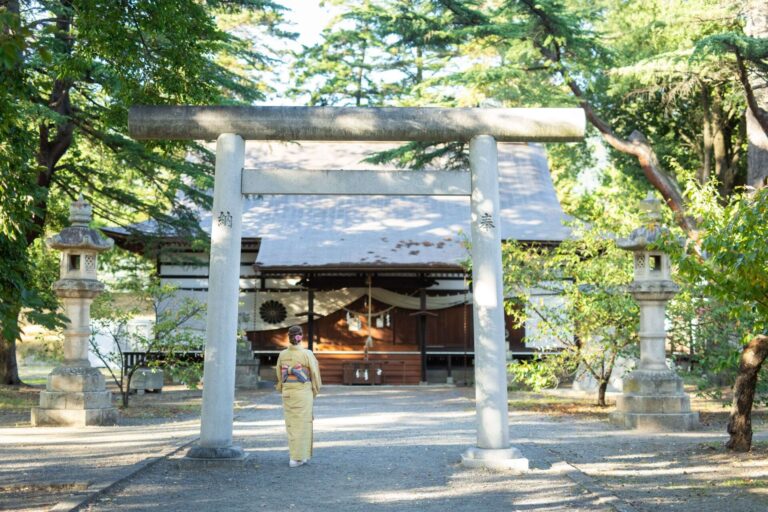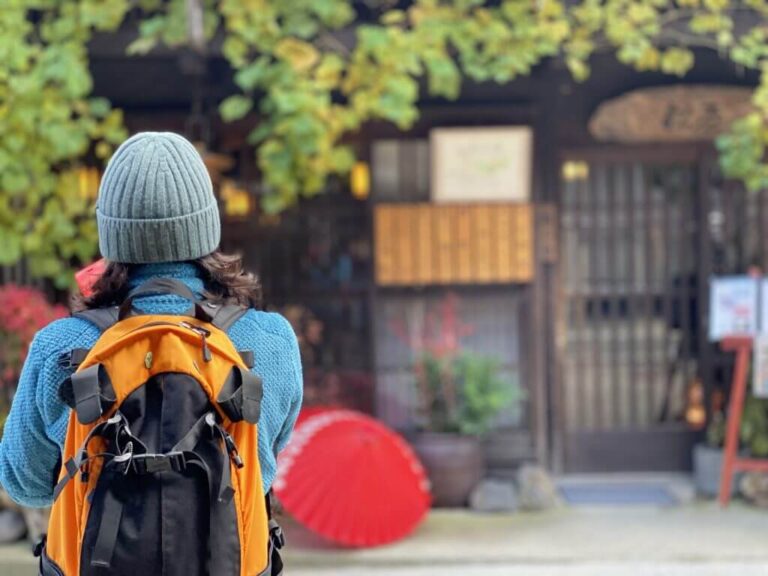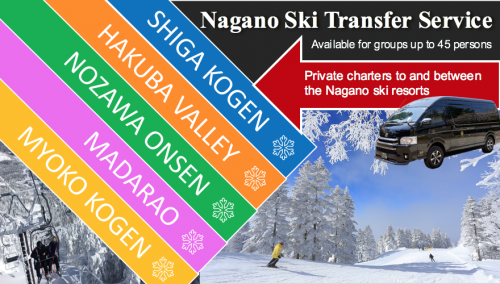Sustainable & Slow Travel in Japan
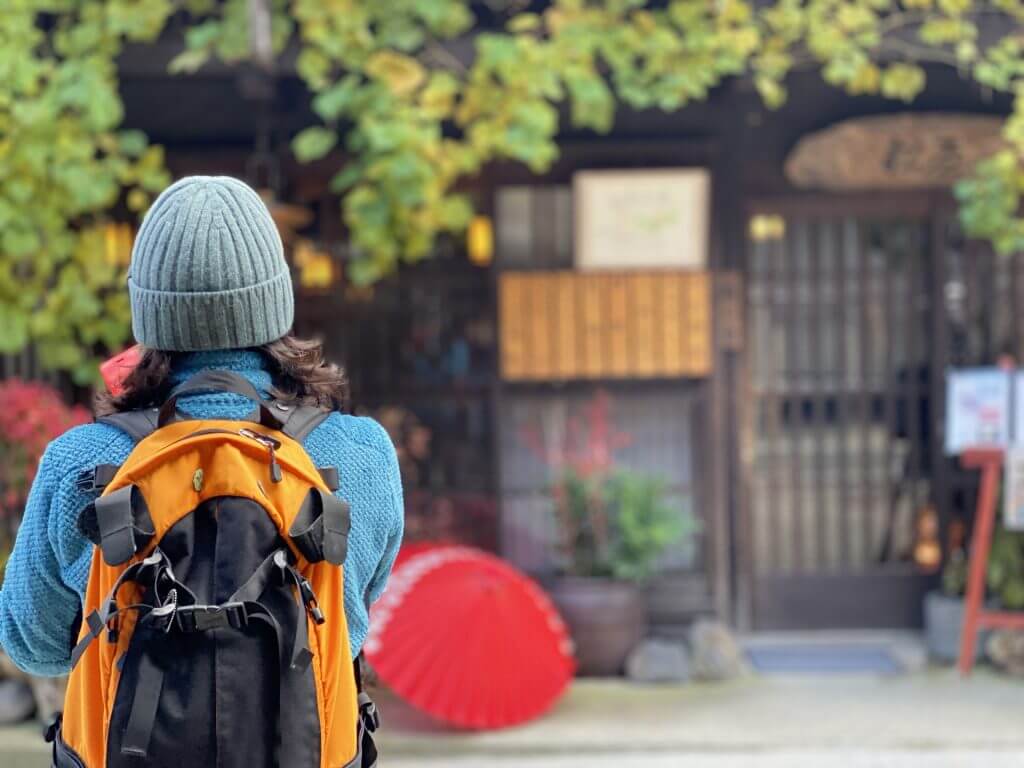
On this page you will find information about:
— Tips for Sustainable Travel in Japan
— Recommended Sustainable Destinations
— Our Role in Sustainable Travel
In terms of travel and tourism, sustainability can be seen as practices that do not harm cultural and natural environments and, ideally, enhance the communities and local economies upon which it draws. In short, sustainable travel promotes practices that can be sustained long-term and will benefit both local people and the environment.
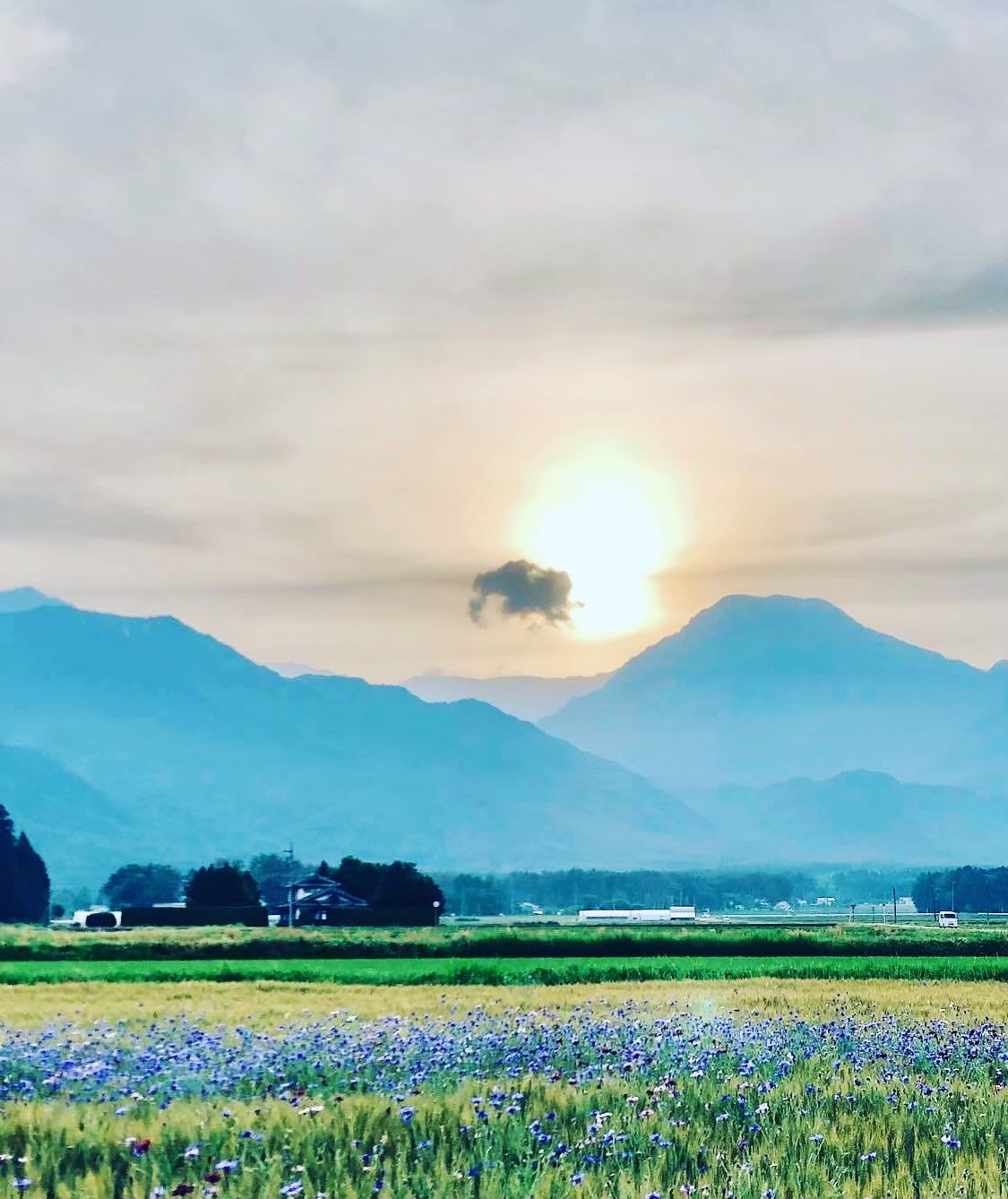
Any critical assessment of the global tourism industry will quickly reveal that many if not most practices are not sustainable. Thus demanding a radical change in how the industry operates.
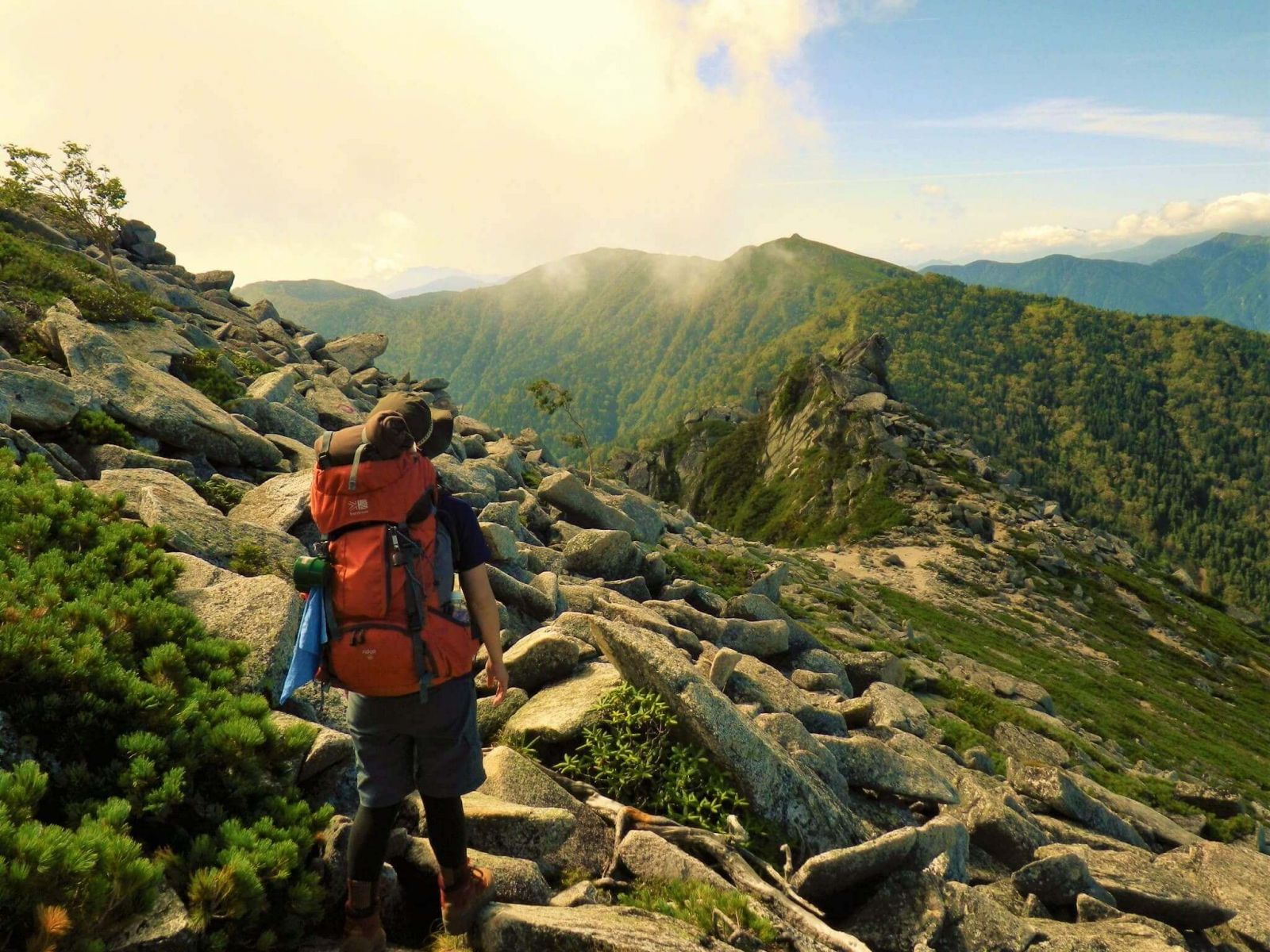

HOW TO TRAVEL JAPAN SUSTAINABLY?
As travelers on the ground, many of the changes to truly make sustainable travel a reality are outside of our control—leaving us to ask, what can we do to make travel more sustainable?
1. Embrace ‘Slow Travel’
An extension of the ‘slow life’ and ‘slow food’ movements, the concept of ‘slow travel’ is quickly gaining popularity around the world. Slow travel is a rejection of traditional forms of tourism and the practices that underpin it. It is a more conscious form of travel in which itineraries and travel choices are made to minimize negative environmental impacts, increase engagement with the communities through which you are traveling, and, provide a more immersive, relaxing and rewarding experience for you as the traveler.
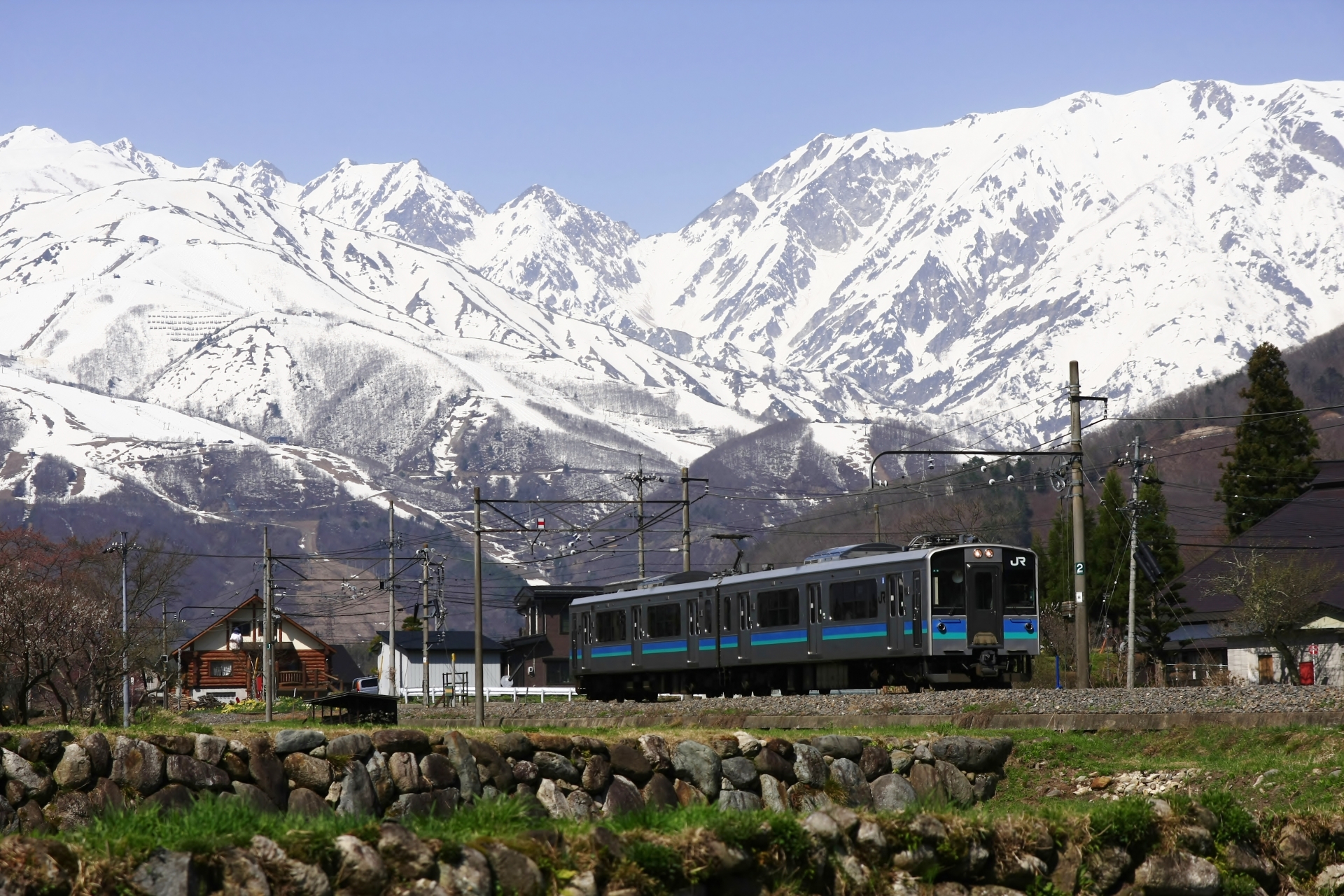
The slow travel movement is recognition of that fact that going slower is not just more sustainable but ultimately more rewarding for the traveler and host communities.
It is not so much seeing less but seeing and experiencing a country in a different way – a way that values the everyday over the famous and in doing so, places us within the community rather than simply passing by it.
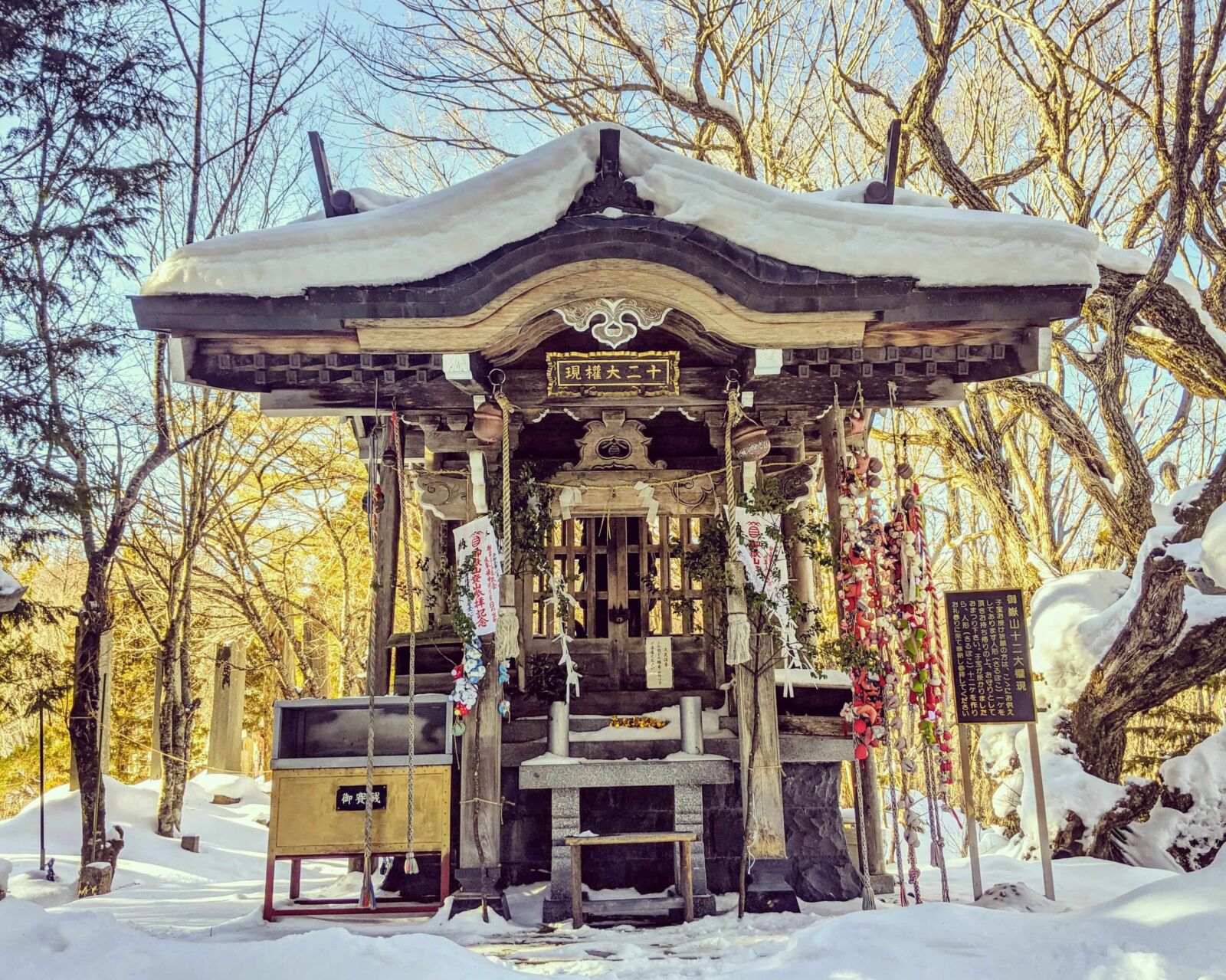
Japan is an ideal country to enjoy slow travel with one of the world’s most efficient train networks, rich cultural landscapes and traditional beliefs and practices that can play an important role in our daily lives.
And with our wide network of tours in various destination across Japan, we at Snow Monkey Resorts aim make slow travel more accessible than ever.
2 – Think Small
Japan is known for its metropolises and endless urban landscapes – most notably Tokyo, Yokohama, Nagoya and Osaka. And with an estimated 80% of the Japanese population living in cities between Tokyo and Osaka, the rest of the country does not suffer from the overcrowding of the biggest cities and offers an entirely different experience as a traveler.
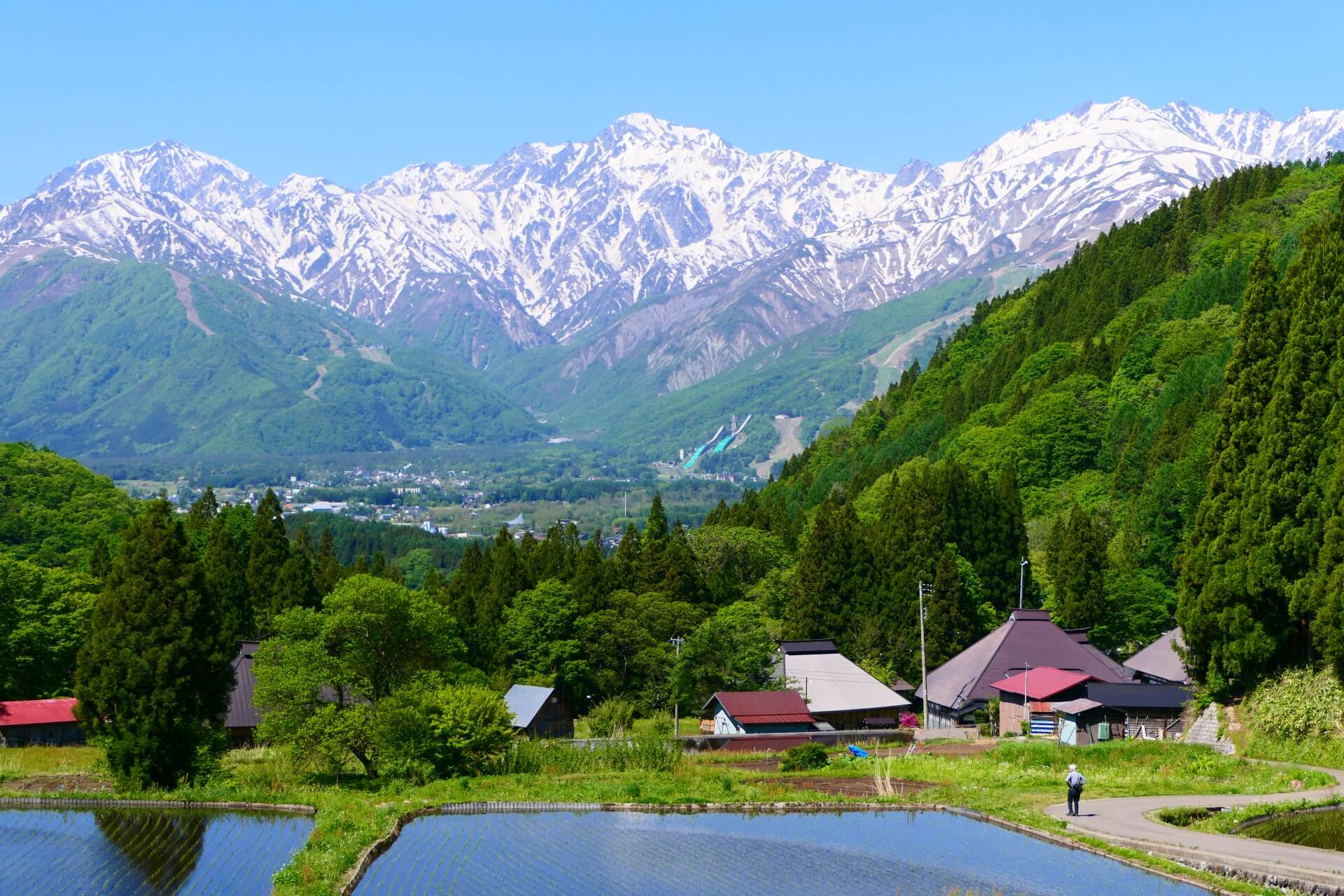
For those looking to travel sustainably by supporting smaller communities, we recommend getting out of the cities and heading to smaller more remote destinations where you will find a slower pace of life, cheaper accommodations, and more rewarding engagement with locals who will appreciate you visiting their home region and likely have the time and interest to stop and have a chat.
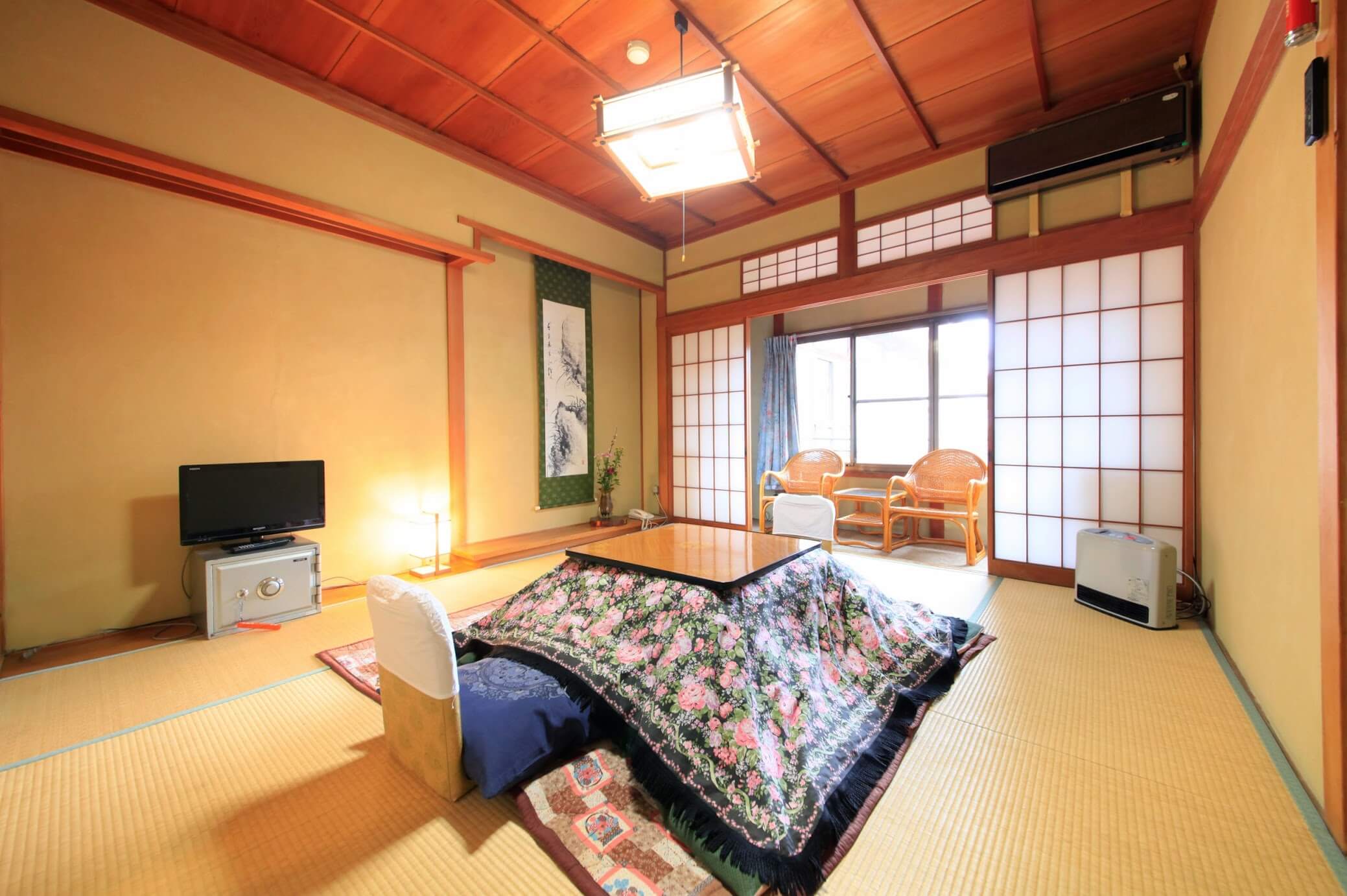
Building on the suggestion of staying in smaller communities, we also recommend staying in a locally-owned guesthouse. Known as ‘ryokan’ or ‘minshuku’ in Japanese, traditional guesthouses are often family-run and offer a cheaper, more personal experience.
Minshuku in particular can be very cheap, with guests feeling very much like they are family with their hosts serving homely meals for breakfast and dinner. Found throughout Japan, you’ll have no problem finding a ryokan or minshuku in every little village… and if you’re worried about language, don’t be! While your hosts may not speak much English, they will be endlessly hospitable and eager to make you comfortable and in the days of translation apps, it’s never been easier to get chatting and enjoy a local guesthouse.
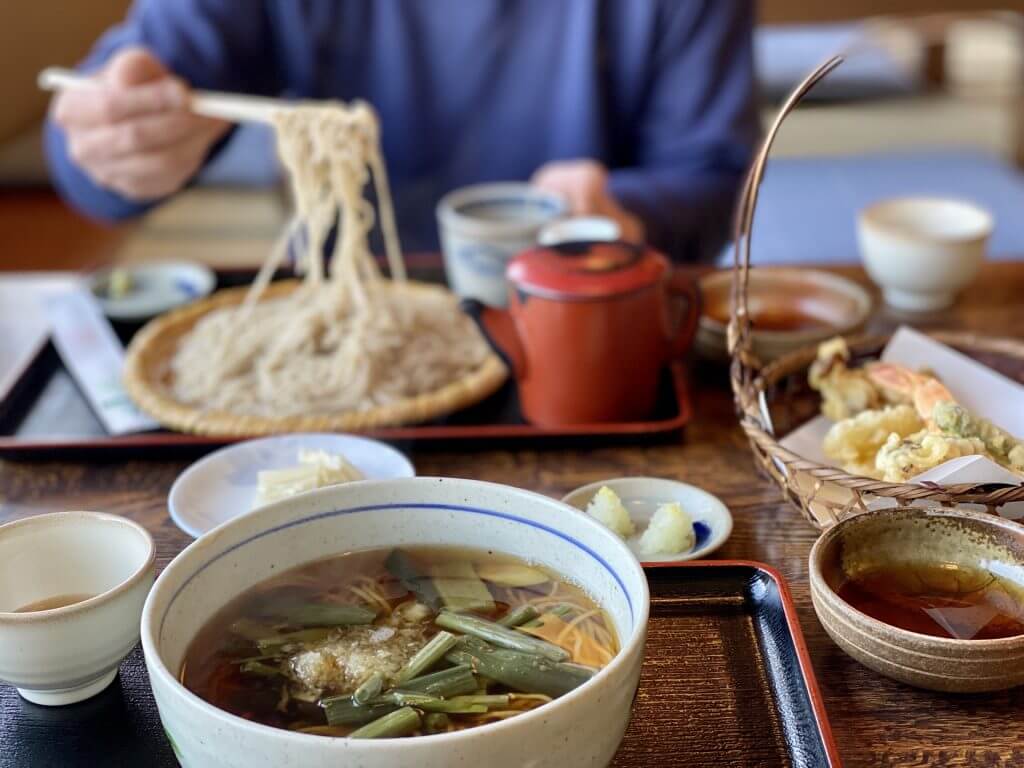
Another benefit of getting out of the cities and basing yourself in the countryside is that you’ll most likely be served food grown-locally. Enjoying seasonal menus is a great way to reduce your environmental impact – without the need for complex long-distance transport systems to put the food on your plate – with the big advantage of fresh, tasty food!
Largely vegetarian or pescatarian the traditional Japanese diet actually includes little meat and often leans strongly toward being vegetarian. While the modern Japanese diet contains a lot of meat and in some restaurants, – you may even struggle to find a dish without some form of meat in it – more rural areas and smaller cities still enjoy a more traditional diet, including lots of farmed vegetables, wild vegetables, pickled and fermented foods.
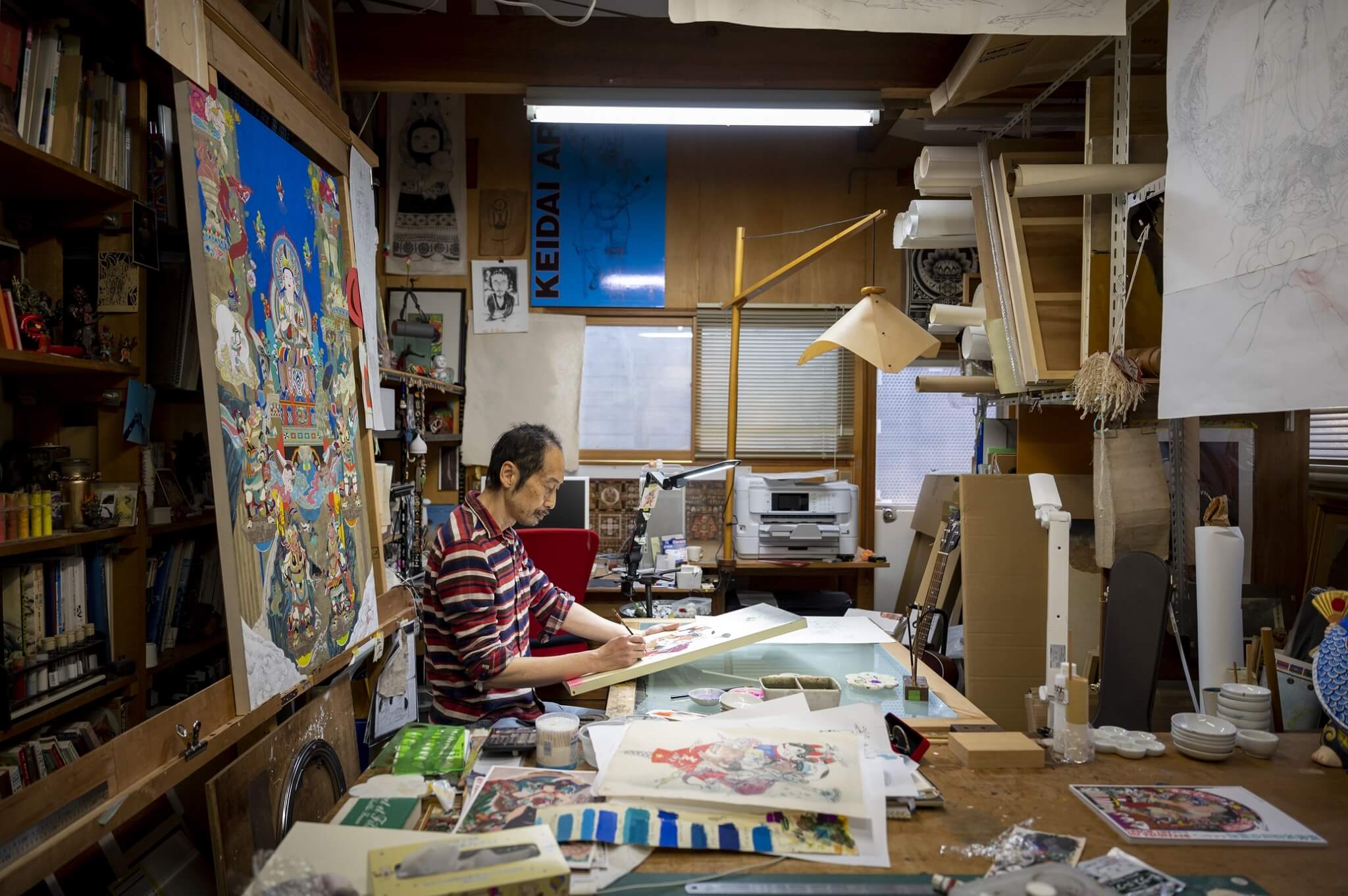
Another great way to support the communities you are visiting is “think small” while shopping and buy locally. While always tempting, we recommend avoiding Japan’s ubiquitous convenience stores and buying from the local family-run shop, farmers markets, and other small businesses.
This concept continues with local craft and art. All areas in Japan will pride themselves on the quality of specific craft, art, food or drink. Buying locally and supporting traditional crafts and artisans is a great way to give back to the community and sustain the practices and skills that underpin Japanese culture.
3 – Embrace Tradition
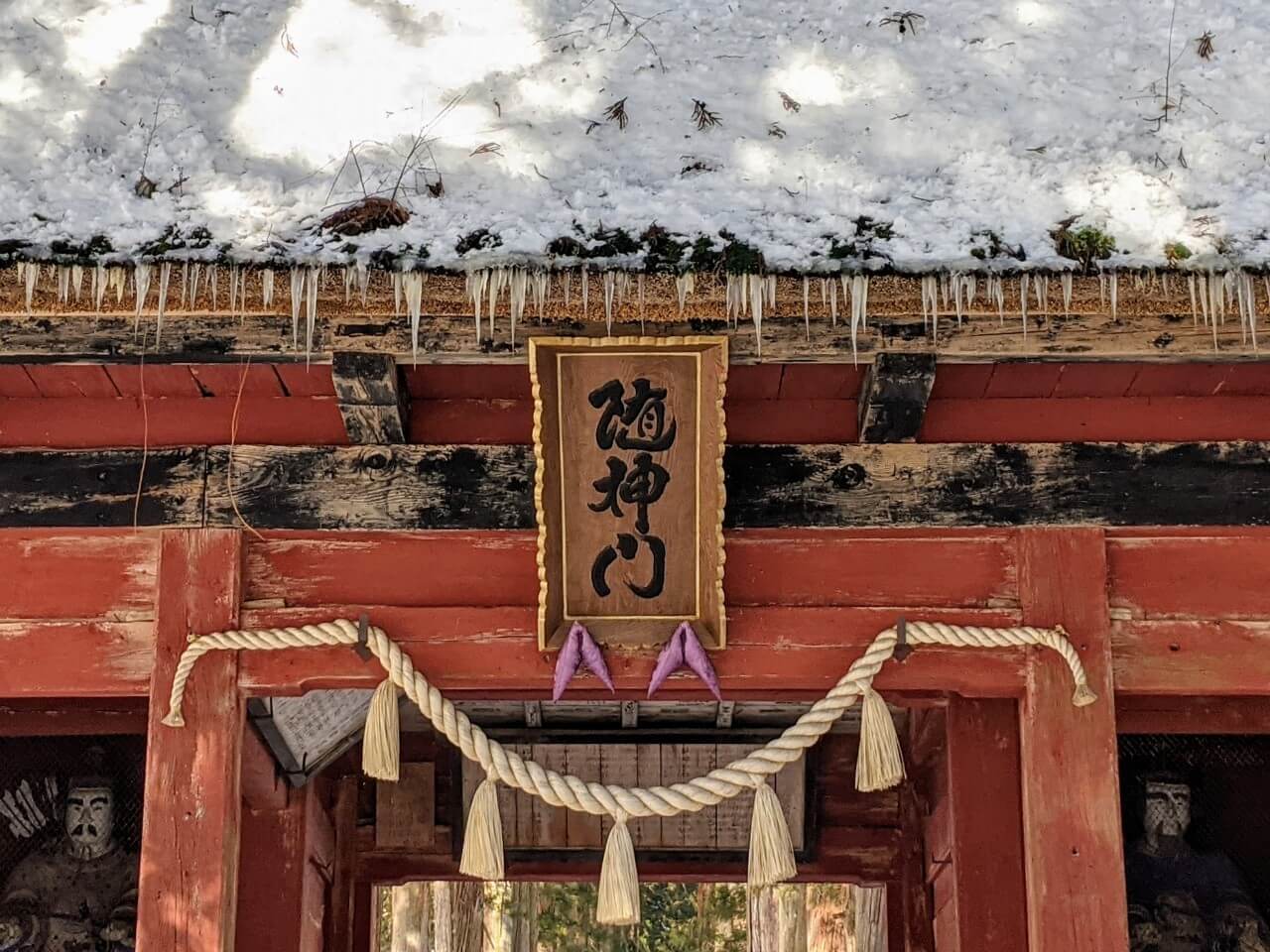
Japan’s native religion of Shintoism has a strong emphasis on nature worship and the need to care for the environment. As such, Shintoism is seeing a resurgence as more and more people recognize the value and contemporary relevance of its underlying principles.
Exploring Shintoism is a great way to unlock Japanese culture and incorporate its value into your daily life. Step-in-step with the slow life and slow travel concepts, Shintoism promotes balance in our lives and engagement with the environment as fundamental to healthy, harmonious living.
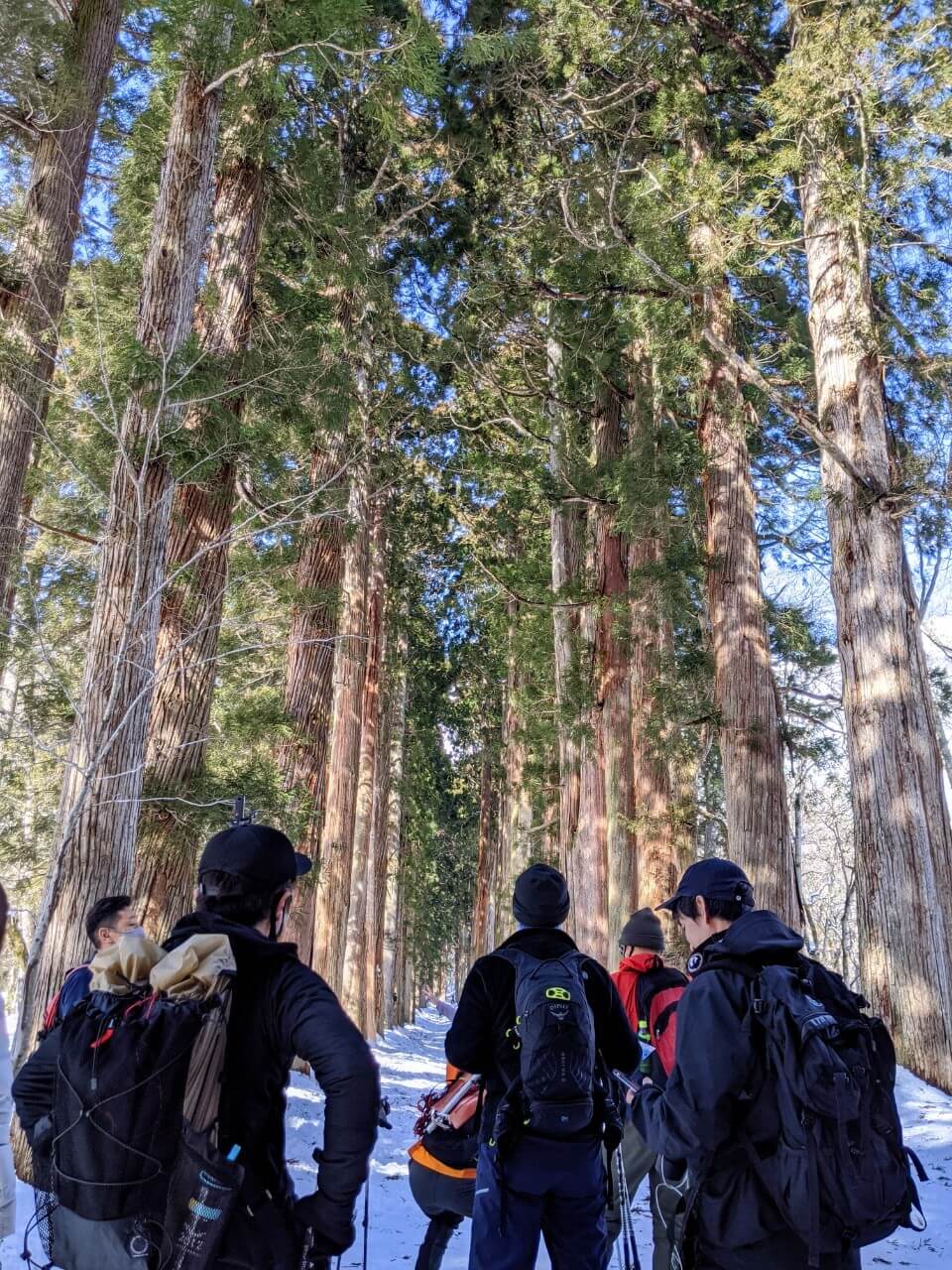
Understanding what you are seeing and experiencing is essential to any travel. Japan is no different. Many international visitors will enter the country with some strong preconceptions of what Japan is and what Japanese are like. There’s no better way to engage in the essence and spirit of the country than by joining a tour with a local guide – an experience that will only enhance your understanding of what you are seeing.
RECOMMENDED ‘SLOW TRAVEL’ DESTINATIONS IN JAPAN
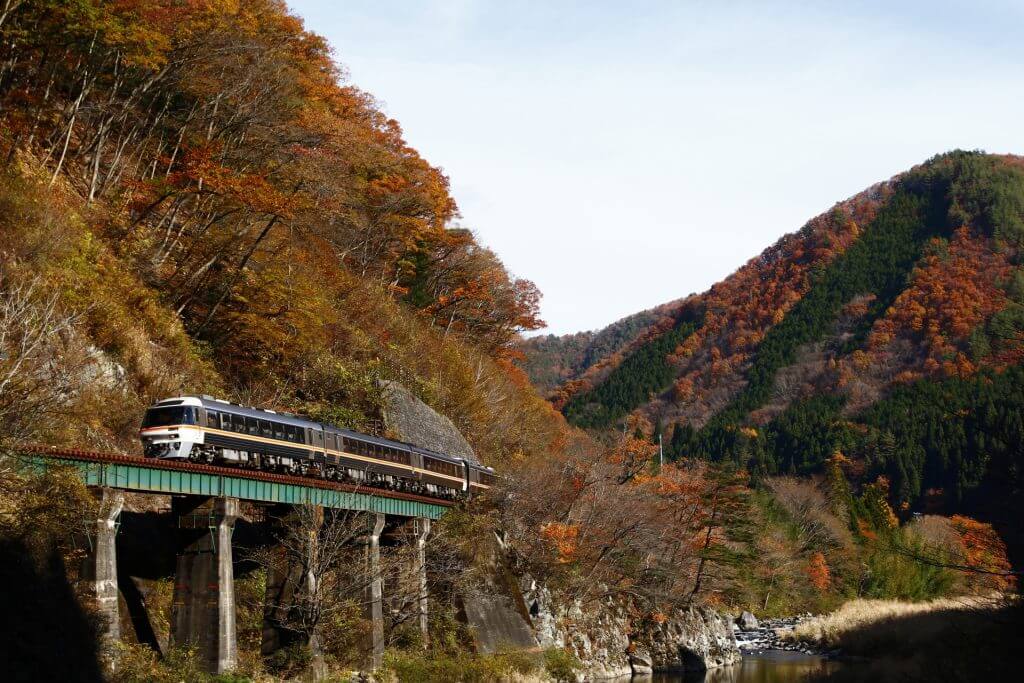

Now it’s time to get planning! A region of dramatic mountains, deep forests, rural villages and alpine enclaves, Nagano and Central Japan are best explored at a leisurely pace. These are some of our recommendations of slow travel destinations across Japan:
YUDANAKA & SHIBU ONSEN
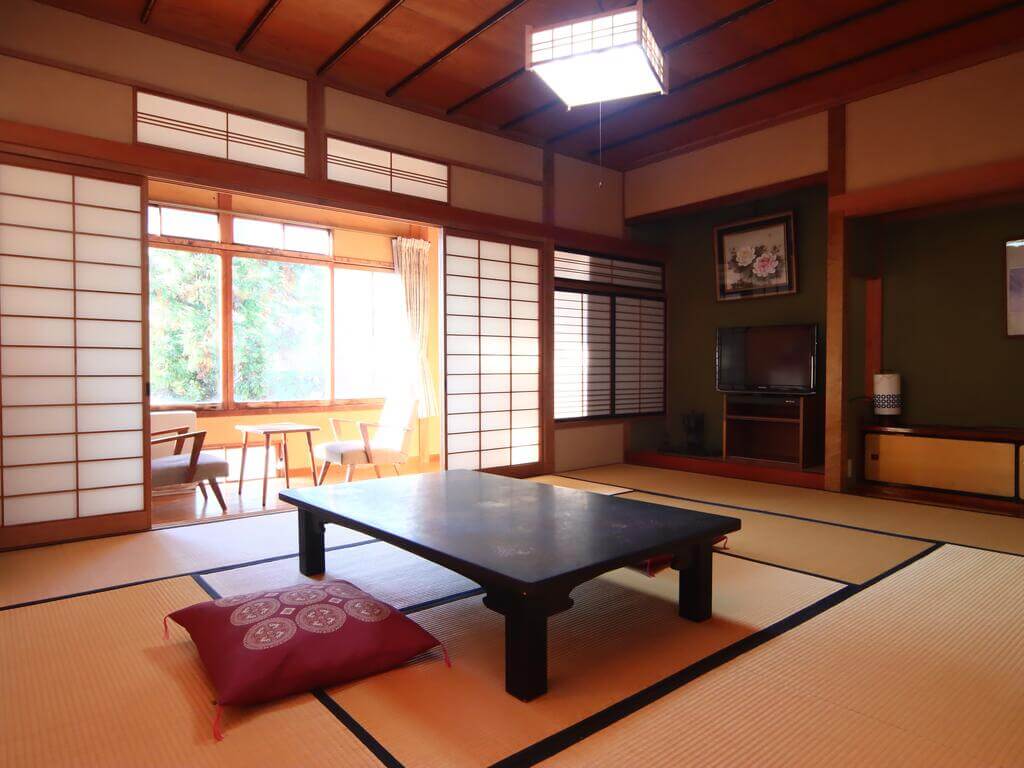
Ideally-located for a longer stay in Nagano, the historic hot spring towns of Yudanaka Onsen and Shibu Onsen are home to numerous guesthouses, including traditional ‘ryokan’ many of which are family-run. As such, many guesthouses afford a homely atmosphere ideal for a longer stay with the option of including breakfast and/or dinner. Readily accessible from Nagano City using the Nagano Dentetsu (Nagaden) train service to Yudanaka Station and within easy reach of the Jigokudani Monkey Park and wider Yamanouchi area – including Shiga Kogen and Joshinetsu Kogen National Park – Yudanaka and Shibu are a great option for anyone who wants to go slow while in Japan.
For accommodation listings, see our ‘Yudanaka & Shibu Onsen’ hotel page.
TOGAKUSHI
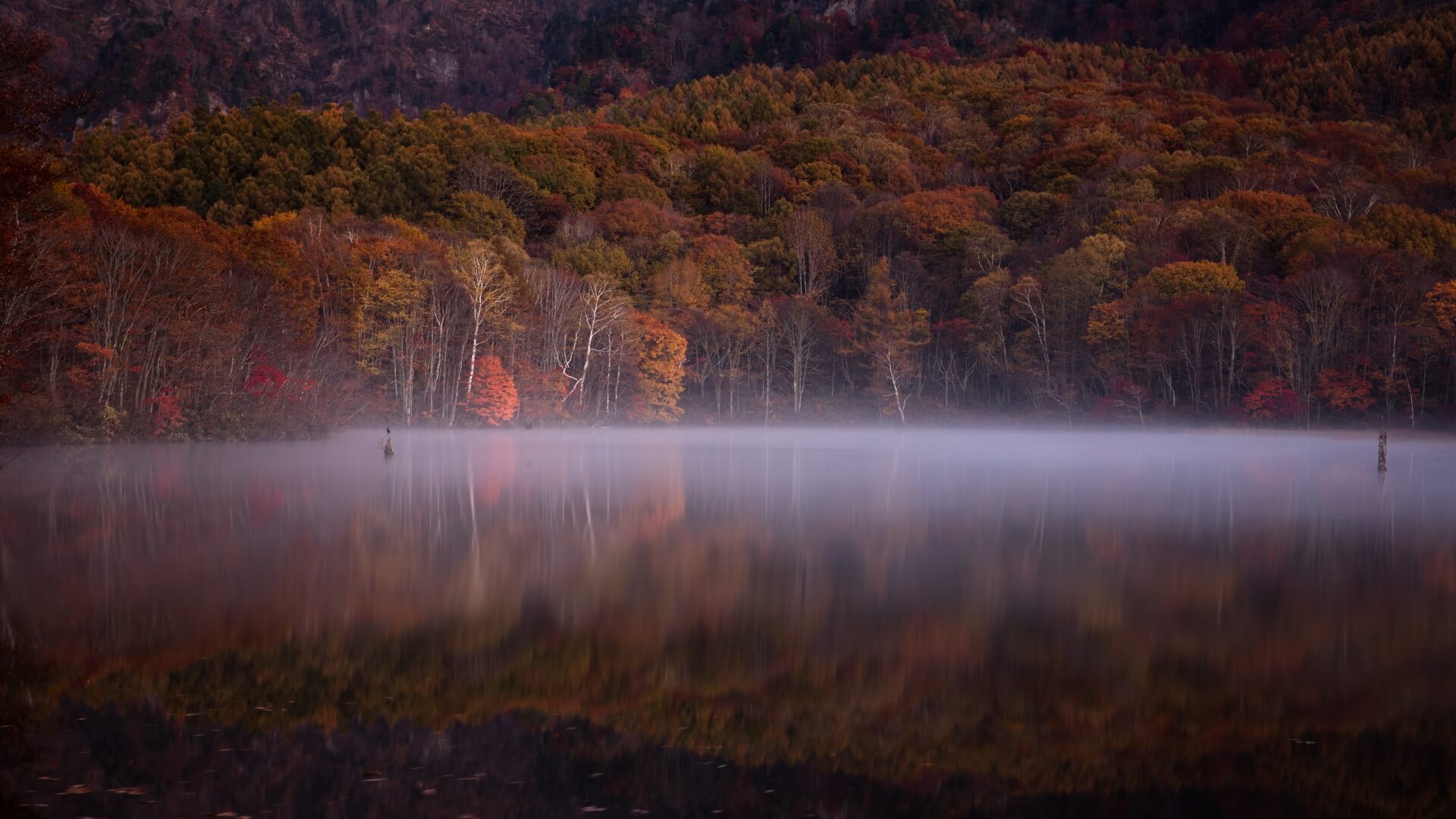
Located within the boundaries of Nagano City, Togakushi is one of the region’s hidden gems. Accessible using local buses from Nagano Station, Togakushi is in every other sense a world away from the usual distractions and hassles of daily life. Home to some of Japan’s most important Shinto shrines and fantastic hiking and mountaineering, Togakushi is the perfect place to take things slow and go deep into Japan’s traditional beliefs.
For accommodation listings in Togakushi, see our ‘Nagano City Area’ hotel page.
AZUMINO
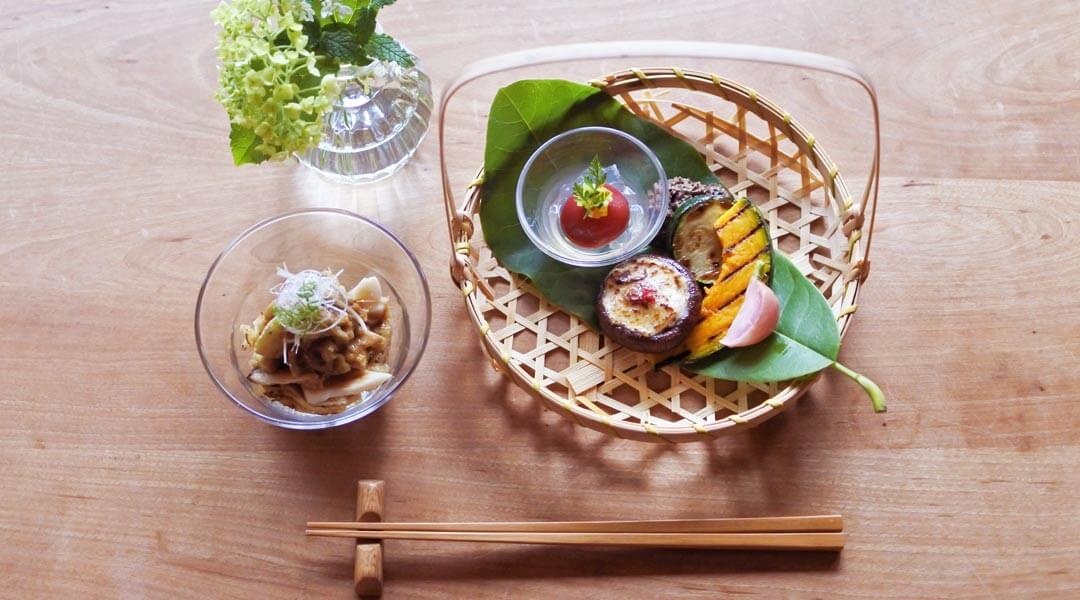
Another tranquil enclave technically within the boundaries of a built-up city, Azumino is a picturesque rural area known for its abundant farms, hot springs, and museums and galleries. Accommodation ranges from traditional ryokan to family-run lodges, self-contained accommodation, and Japan’s first ‘BIO Hotel’, Yasuesou. The exceptionally scenic Oito Line is the best way to travel – a slow service in the shadow of the dramatic North Alps.
For accommodation listings, see our ‘Matsumoto’ hotel page.
KISO VALLEY
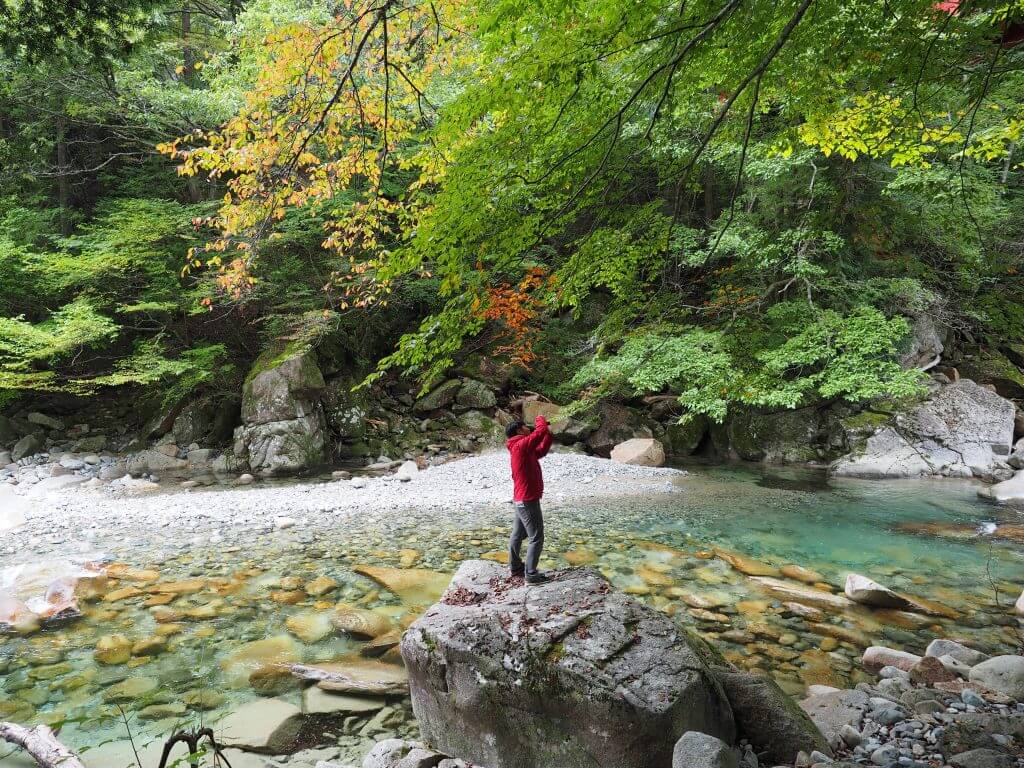
Lying to the south of Nagano City and Matsumoto, the beautfil Kiso Valley is most famous for its historic Nakasendo Trail, verdant forests and emerald rivers. With plenty of accommodation to choose from, the Kiso Valley and wider Kiso Ontake Mountain Range is the ideal escape from the city. Accessible using the Chuo Main Line running between Nagano and Nagoya, this is one of Central Japan’s most beautiful train lines and a perfect slow travel destination in the heart of Japan.
NOZAWA ONSEN
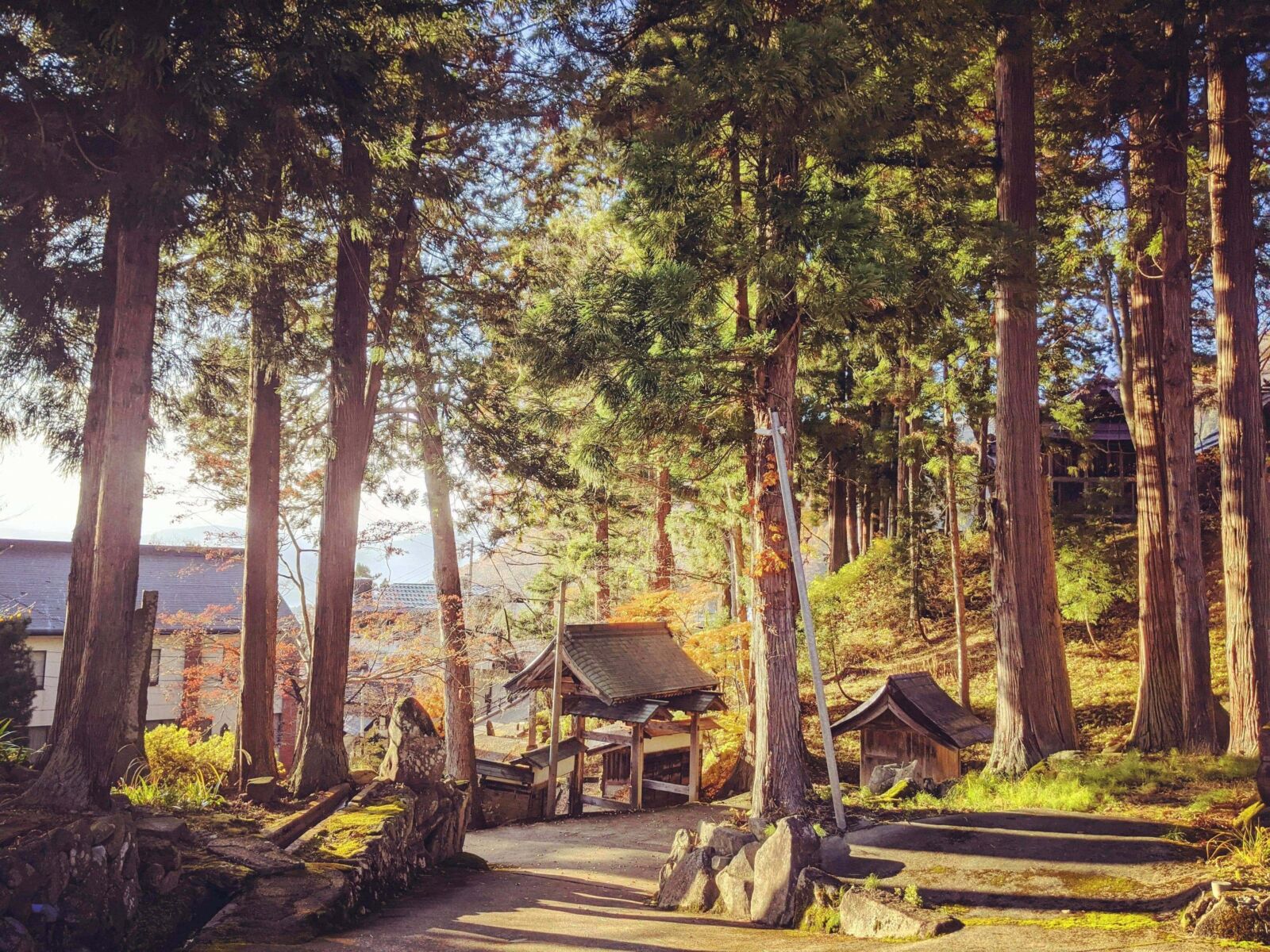
One of Nagano’s most popular ski resorts, Nozawa Onsen is super busy in winter but a very different place in spring, summer and autumn as people stroll is characterful and quiet streets enjoying its many hot springs, family-run restaurants and green season activities including yoga, hiking and mountain-biking – a great place to take it slow and enjoy traditional onsen village life.
For accommodation listings, see our ‘Nozawa Onsen’ hotel page.
OUR ROLE IN SUSTAINABLE TRAVEL
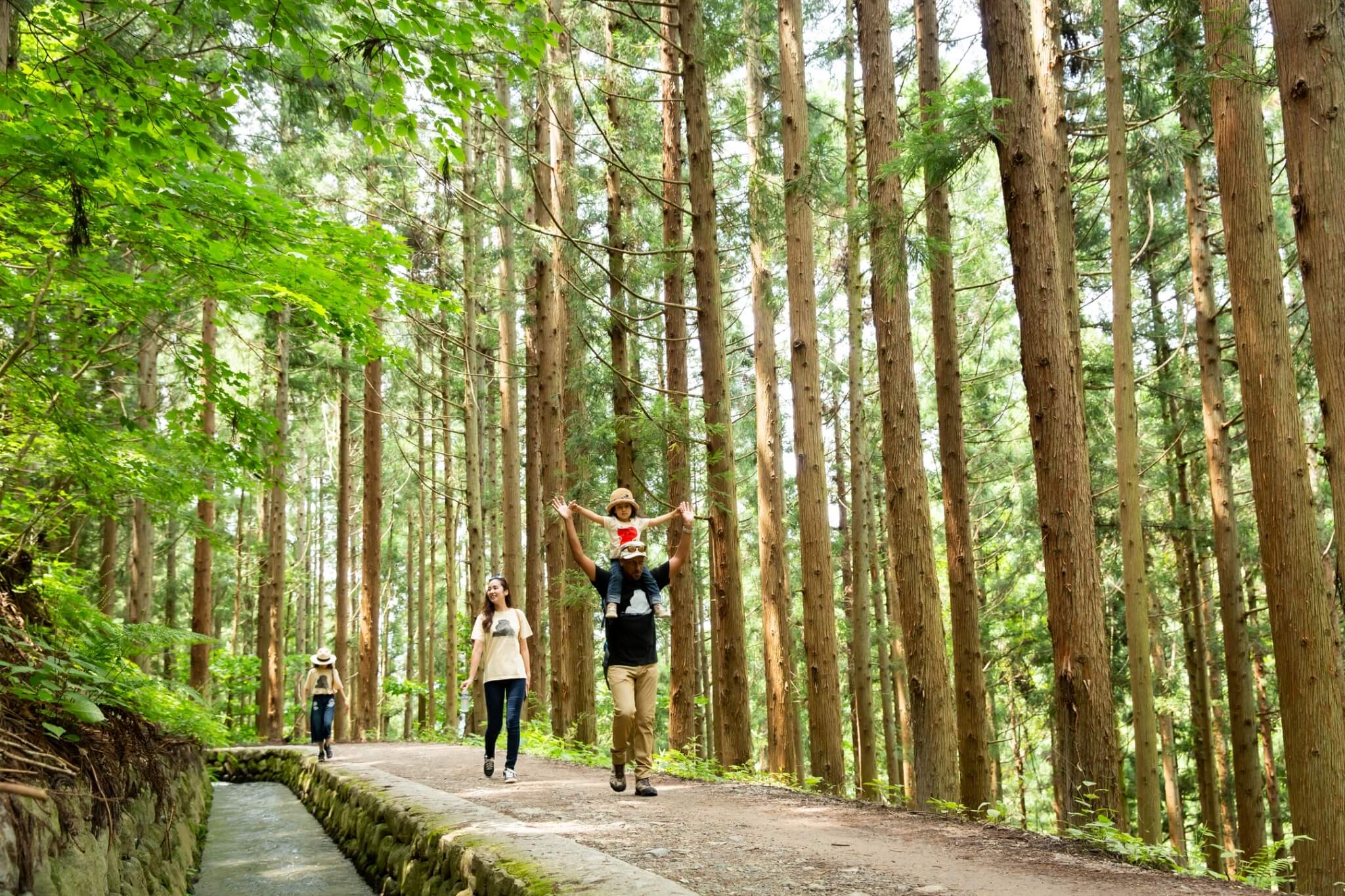
Based in Nagano, our mission is to introduce the world to the expansive natural landscapes, traditions and culture of our home region. In doing so, we both enrich the lives of travelers and build a stronger community for the future. Our approach is based on the fact that:
WE ARE FULLY CERTIFIED & ACCREDITED
Snow Monkey Resorts is a fully-certified travel agent, tour and charter operator. We comply with all regulations to ensure the safety and satisfaction of our guests, our staff and the communities we work with. Our goal is to be part of a better future for Nagano and Central Japan.
WE PARTNER WITH LOCAL ORGANIZATIONS IN BUILDING STRONGER COMMUNITIES
A big part of what we do is introduce international visitors and foreigners living in Japan, to local areas, traditions and people that want to develop sustainable tourism to enhance their community and local economy. We provide expertise to these organisations to help them develop a strategy to attract international visitors to their home region and in doing so, we are proud to be part of their future.
WE EMPLOY LOCALLY-BASED GUIDES
Our guides are based in Nagano, a fact that enhances their knowledge and appreciation of the places they will take you. Employing both Japanese and foreign guides based in Nagano, each guide has their own unique perspective and tells a different story.
WE USE PUBLIC TRANSPORT AS MUCH POSSIBLE & WHEN PRACTICAL
In delivering our group tours, we use public transport as much as possible and when practical in an effort to lower costs for our guests and minimise our environmental impact. While some tours require us to use our own transport, we endeavour to use public transport when we can.
WE PARTNER WITH LOCAL HOTELS inc. MANY FAMILY-RUN GUESTHOUSES
As a travel agent, we partner with hotels across the region including many family-run guesthouses and smaller, independent accommodation. We do so in recognition that these guesthouses provide some of the best experiences for guests while also supporting local businesses that have often been operated by the same family for generations.
WE USE RESTAURANTS THAT BUY LOCAL & CATER TO NON-MEAT DIETS
We choose to partner with restaurants that prioritise use of local produce and cater to all dietary needs. With the growing movement toward vegetarian and vegan lifestyles, we are happy that we can provide our guests with appropriate meal options during their visits to Nagano.
WE PROMOTE TRADITIONAL PRINCIPLES THROUGH OUR TOURS
Our tours cover all manner of activities and destinations with a strong focus on Japanese traditional belief systems including Shintoism. In doing so, we hope to promote traditional principles that can be applied to everyday life in creating a more sustainable, pro-environmental future for us all.





